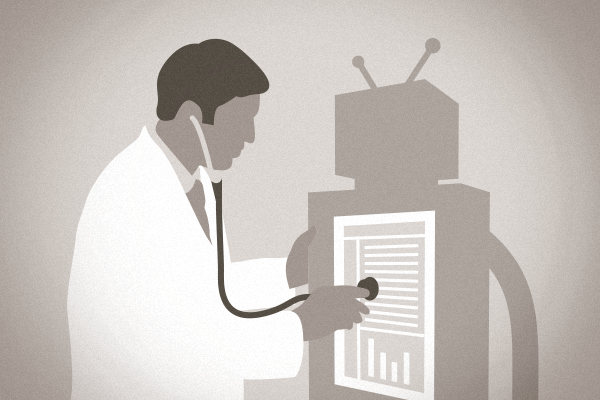Jen Wieczner of the Wall Street Journal stitched together a piece about the benefits and the doubts of concierge medicine. It did successfully clarify the outdated definition of concierge medicine, the personal medicine for jet setters. She also properly incorporated the term “direct primary care” as affordable, non-insurance based care, explaining that on one hand there still are “lavish, celebrity-type treatment” centers, but also a newly emerging option like our Atlas MD-model. She writes that “pared-down clinics charge roughly $50 to $100 a month for basic primary-care medicine, more accessible doctors, and yes, money savings for those looking to reduce their health spending.”
Not bad. That sounds like what we’re up to here at Atlas MD.
She also included this relevant stat. According to Concierge Medicine Today, “Of the estimated 5,500 concierge practices nationwide, about two-thirds charge less than $135 a month on average, up from 49% three years ago.” It’s believed our lower cost practices are driving growth in concierge medicine. Offices are being added at a rate of about 25% a year, says the American Academy of Private Physicians.
Also not bad. This is becoming the free market reaction we were hoping for.
Read more

